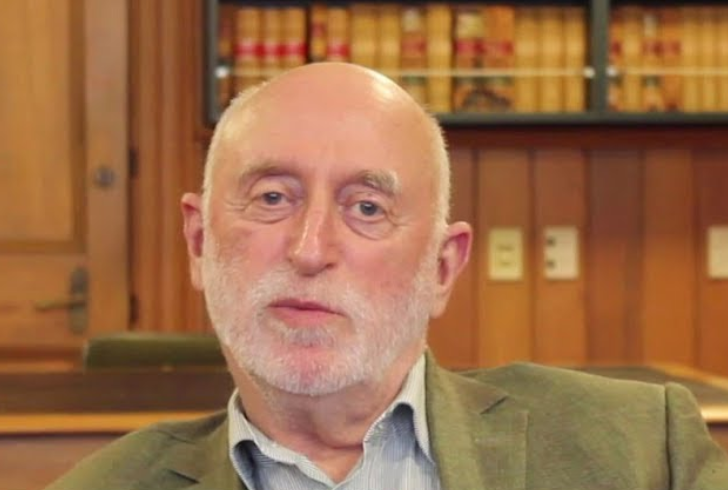Why Did Doctors in New Zealand Reject Health Minister’s Call for Arbitration?
Senior doctors rejected Health Minister Simeon Brown’s call for binding arbitration. Their union, the Association of Salaried Medical Specialists, stated that the request violated legal rules and interfered with collective bargaining. Brown argued the process could act as the “circuit breaker needed,” yet doctors dismissed it as unfair.
Why Experts Expected Rejection
Victoria University employment law expert Emeritus Professor Gordon Anderson explained why this outcome was predictable. He noted that arbitrators often follow a conservative path. That approach usually favors the government, especially when no extra funding is on the table.
“In cases like this, arbitration puts the union at a disadvantage,” Anderson explained.

Image by Faculty of Law, Victoria University of Wellington | Professor Gordon Anderson explains why arbitration often leaves unions at a disadvantage.
Anderson also suggested the minister’s request had more to do with appearances than solutions. By proposing arbitration, Brown looked like he was acting to reduce disruption for patients. At the same time, Anderson pointed out that if this tactic succeeded, the government might try to use it in other disputes, such as with nurses.
Why Arbitration Rarely Helps Unions
Unions usually reject arbitration because the outcomes lean toward the state. While ministers frame it as a way to protect patients, the results rarely favor workers. Anderson stated this was likely the real reason behind Brown’s support. Doctors recognized that, and without any legal requirement to accept, they simply said no.
Process Used in Limited Cases

Freepik | elena_ch on freepik | Doctors don’t use binding arbitration for disputes since they can legally strike.
Binding arbitration is not common in health disputes. Since the 1990s, it has mainly been used when workers cannot legally strike, such as with the police. For doctors, no such restriction exists, so keeping control of bargaining made more sense than entering a process stacked against them.
This clash reflects deeper strains in the health system. Doctors seek better pay and conditions, while the government stresses limited budgets. The rejection of arbitration means the dispute will continue at the table.
As a result, both sides must weigh how long they can hold out before reaching an agreement. The decision signals that unions intend to protect their bargaining power while the government looks for other ways to handle rising pressure in the sector.